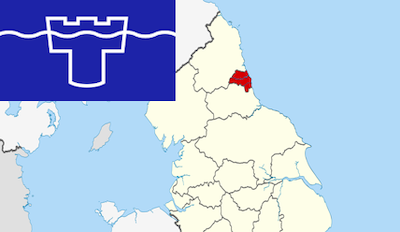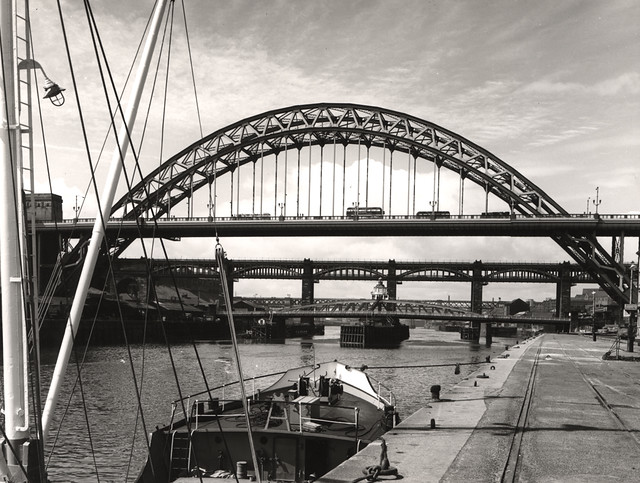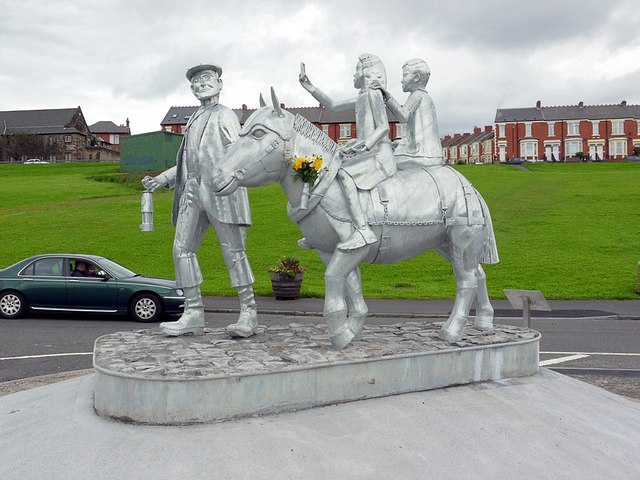Topics > Tyne and Wear > Newcastle upon Tyne > Scotswood > Scotswood, 1848
Scotswood, 1848
SCOTSWOOD, a manufacturing village, in the townships of East Denton and Benwell, chapelry of Benwell, union of Newcastle, W. division of Castle ward, S. division of Northumberland, 3½ miles (W.) from Newcastle. This place, which derives its name from the encampment of a Scottish army in its vicinity at the period of the rebellion, is pleasantly situated on the north bank of the Tyne, and on the road from Newcastle to Ryton and Hexham. The adjacent lands are mostly held by small occupants, and produce tolerably good crops of corn and hay; the scenery is beautiful, especially in Scotswood dene, which runs from Denton burn to the Tyne, studded all along with hanging woods, and affording charming walks. On one side is a rich bed of very superior fire-clay, leased to Messrs. Robert Lister and Sons, who have formed a tramroad for conveying the clay to their works, where it is formed into fire-bricks for blast and other furnaces, and into crucibles, gas-retorts, copings, gas-mains, pipes for heating churches, vases, pedestals, &c. The Scotswood firebrick works were established in 1827, and employ about 50 hands in making bricks used in blast furnaces for smelting. Mr. Nathaniel Grace, in 1805, erected an extensive mill for brown and other papers; there are also some lamp-black works, a second large paper-mill, and a coal-tar manufactory. The place is convenient for the shipment of its various produce. The river is here crossed by a magnificent suspension-bridge, and an excellent inn overlooking the Tyne is a favourite resort for fishing parties. About ten years since, a chapel of ease was erected at Bell's Close, where divine service is performed every Sunday afternoon. There is a place of worship for Wesleyans. Traces of ancient military works are still visible; cannon-balls, swords, &c, have been found, and immediately above the village are the remains of an encampment in the form of a crescent, where it is supposed the Scottish army took up its bold position.
Extract from: A Topographical Dictionary of England comprising the several counties, cities, boroughs, corporate and market towns, parishes, and townships..... 7th Edition, by Samuel Lewis, London, 1848.









